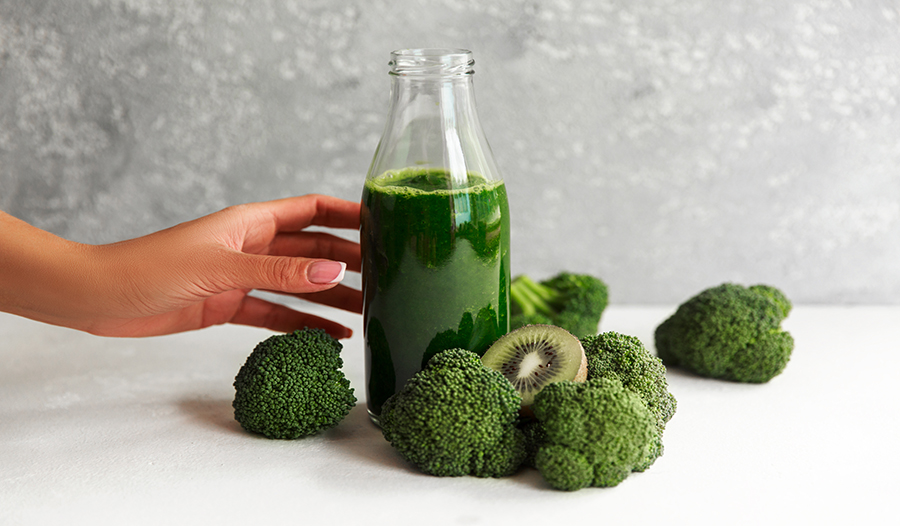

Accredited Sports Dietitian can help you develop an individual fluid plan including sports drinks that is appropriate for you. Sports drinks should be trialled during training rather than in competition. While the exact nutrition composition of sports drinks varies, they generally contain similar amounts of carbohydrate and electrolytes. The ideal sports drink depends on personal taste preferences and individual tolerance. For more information see the Dental Health for Athletes factsheet. However, athletes who use large quantities of sports drinks for prolonged periods should pay extra attention to dental hygiene. The use of sports drinks alone is unlikely to cause dental erosion. Sports drinks, together with fruit juice, soft drink, wine, beer, tea and coffee are all examples of acidic fluids.

#Powder player sport links trial#
It is recommended that athletes drink small amounts frequently (rather than a lot at once) and trial options during training.Īcidic foods and fluids are one of the factors linked to tooth enamel erosion. Potential side effectsĮxcessive consumption of sports drink can cause gastrointestinal upset.

To meet all recovery goals, the ingestion of sports drinks should be complimented with foods and fluids that provide adequate carbohydrate, protein, and other nutrients essential for recovery. If there is limited time between training sessions or competition, drinks with higher sodium content may promote more effective rehydration. Sports drinks can help meet nutrition recovery goals by replacing fluids and electrolytes lost in sweat and helping to replenish glycogen stores. Sports drinks may allow athletes to perform for longer and more effectively in training and competition by providing energy to working muscles and the brain. Sports drinks are primarily designed for use during exercise lasting more than 90 minutes by providing optimal fluid and fuel delivery. The carbohydrate in sports drinks can increase carbohydrate availability, while the added sodium may reduce urine losses before exercise begins. Sports drinks may be useful before an event to fine tune fluid and fuel (carbohydrate) intake. For more information see the Caffeine factsheet. Some sports drinks also contain caffeine which can have performance benefits. These extra ingredients are likely to offer very little (if any) additional benefit over standard sports drink and may affect the palatability, and subsequently consumption of the fluid. Some beverages marketed as sports drinks have other added ingredients like vitamins, minerals, protein and herbal ingredients. The addition of potassium to sports drinks helps maintain electrolyte balance and can assist with muscle contraction during exercise.įlavour is an important feature of sports drinks that helps to increase voluntary fluid intake (compared to water) during or after exercise. when there is a need replace a fluid deficit in a short period of time). Low sodium drinks may not be suitable when speedy rehydration is necessary (i.e.

Sports drinks may also help with salt replacement for athletes who are heavy or salty sweaters. The sodium content of sports drinks encourages fluid intake by driving the thirst mechanism, while also increasing absorption and fluid retention. Sports drinks include the electrolytes sodium and potassium. Carbohydrate concentrations above this can impair gastric emptying and lead to gut upset during exercise and impair performance. Most sports drinks contain 6- 8% carbohydrate (6-8g/L). Carbohydrate also contributes to the palatability (taste) of sports drinks. N/a = no value given What’s in a sports drink?Ĭarbohydrate can have performance benefits in a range of sporting events by providing a fuel source for muscles and the brain.


 0 kommentar(er)
0 kommentar(er)
